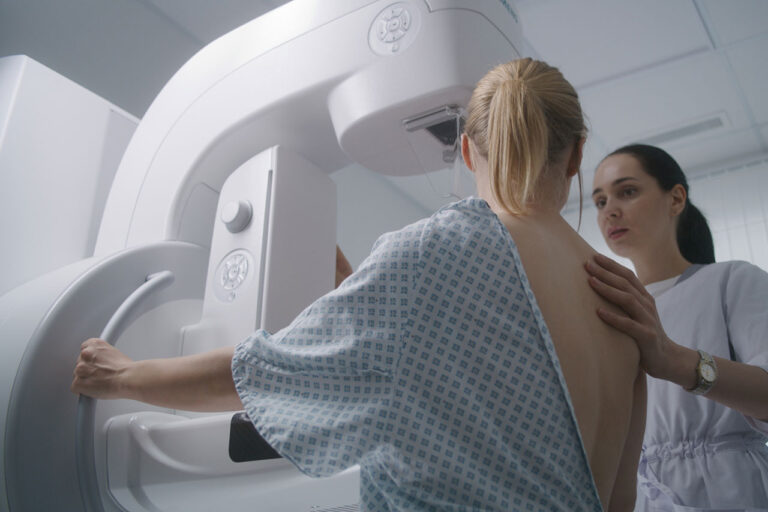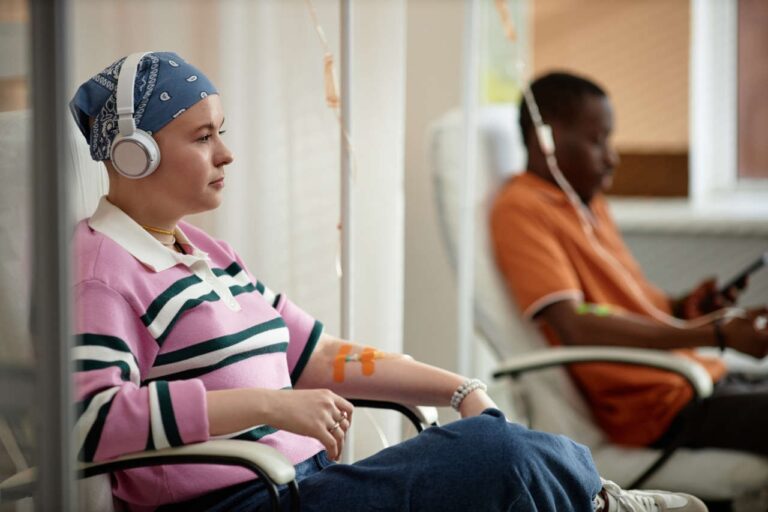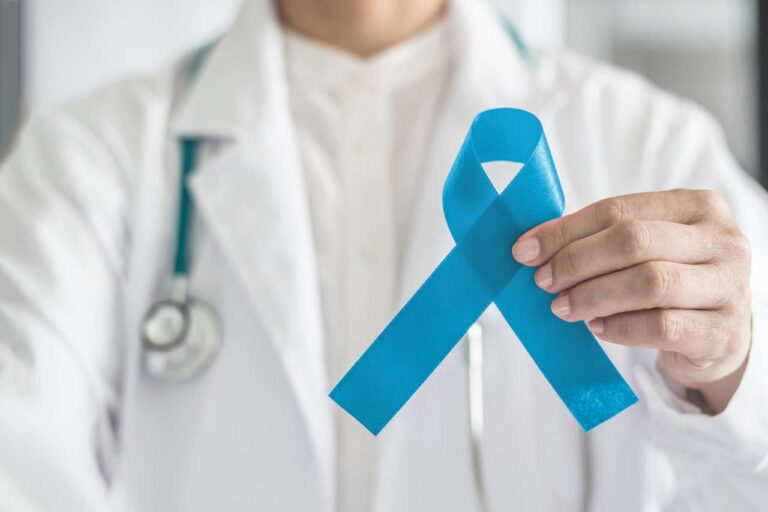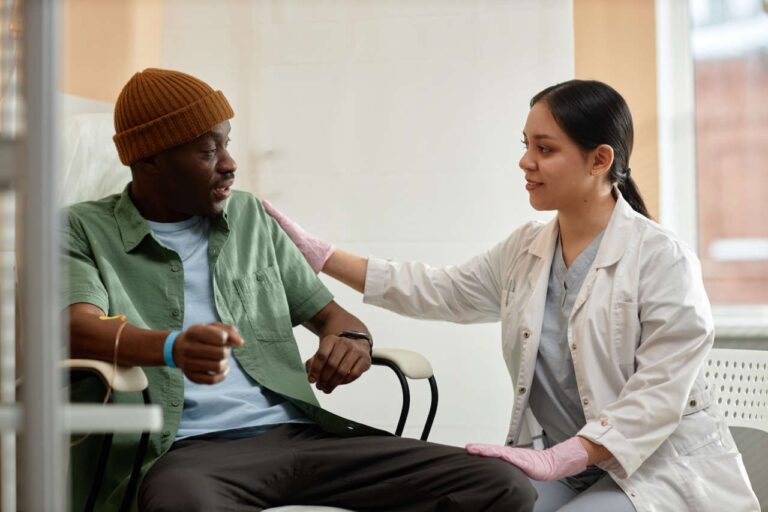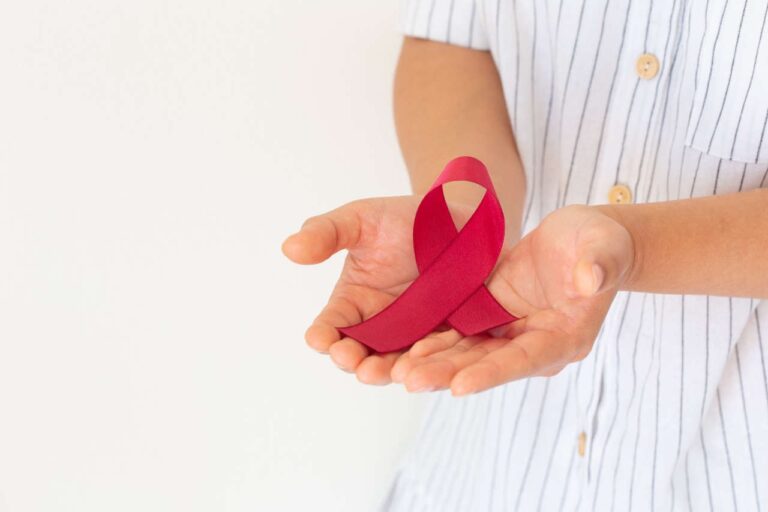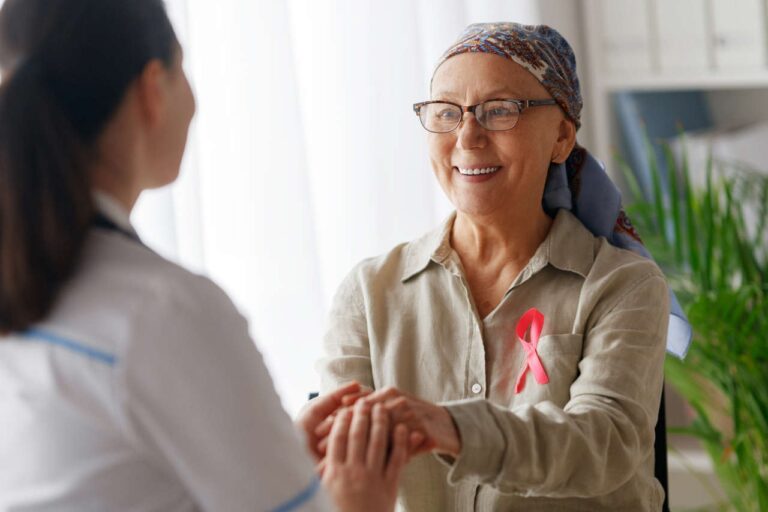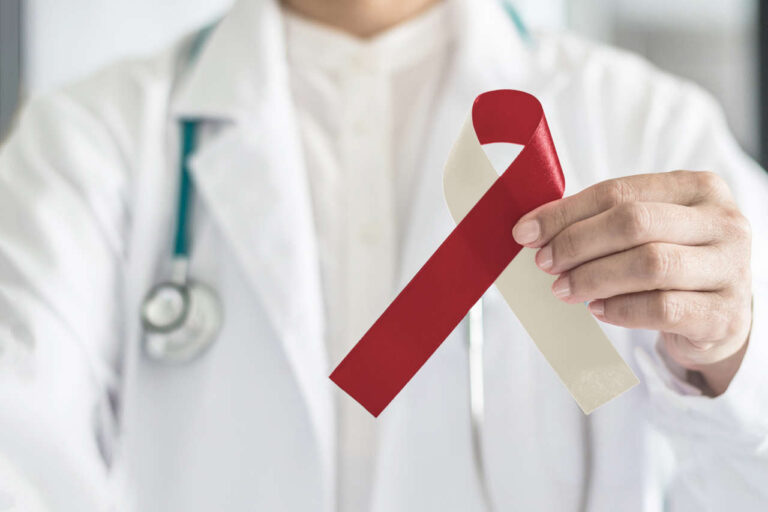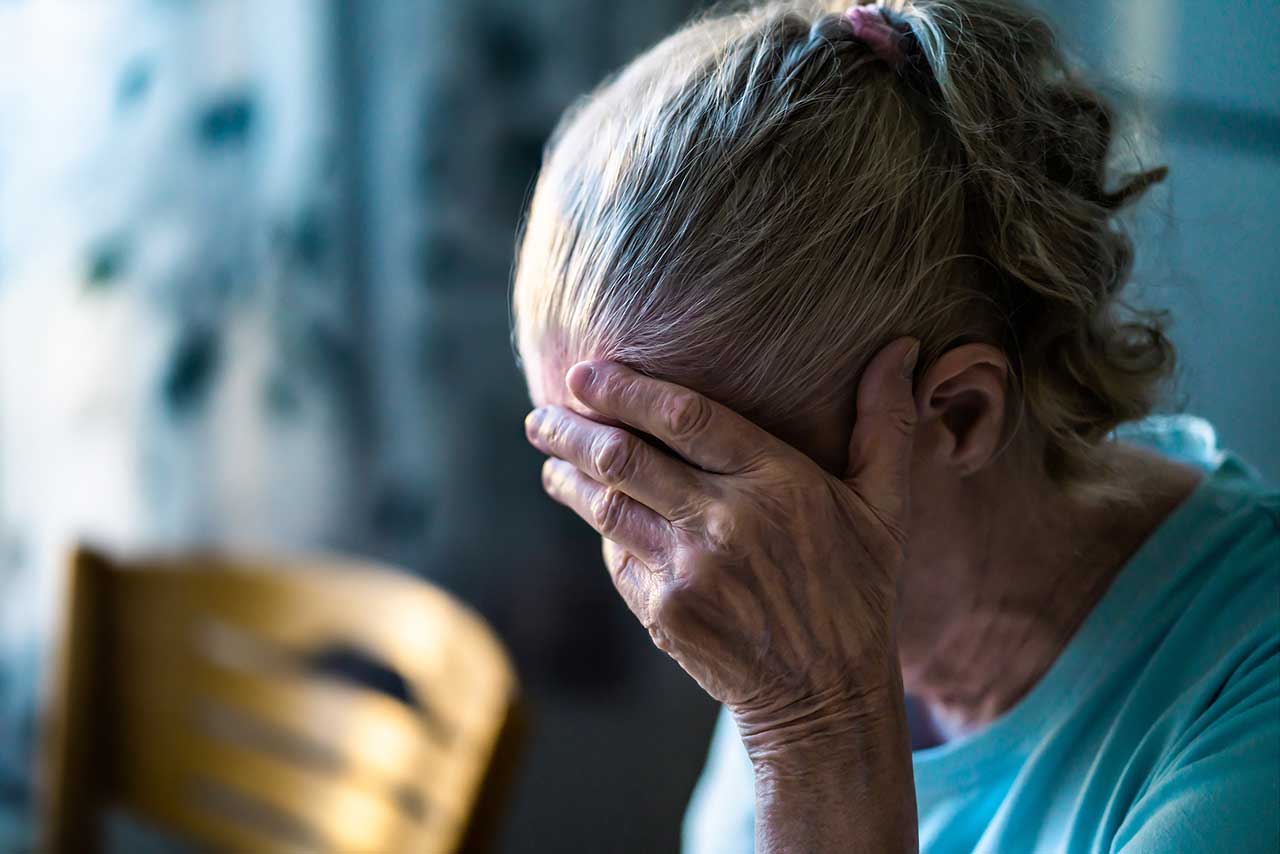
El cáncer es una enfermedad crónica abrumadora, y quienes la padecen experimentan naturalmente diversos trastornos emocionales a lo largo de su evolución. El cáncer puede tener un impacto emocional, además de sus efectos físicos. Tras recibir un diagnóstico de cáncer, las personas pueden experimentar emociones intensas a las que no están acostumbradas.
Obtenga asistencia para el copago de quimioterapia
Es común experimentar angustia, miedo, tristeza, depresión y ansiedad durante las distintas etapas del cáncer. Dependiendo de la salud de cada persona, los problemas emocionales pueden manifestarse de diferentes maneras.
Este artículo cubrirá los estados emocionales que experimentan los pacientes con cáncer y cómo pueden lidiar con ellos en las distintas etapas de la enfermedad.
Las etapas emocionales de los pacientes con cáncer
Los pacientes con cáncer atraviesan muchas etapas emocionales diferentes. Las etapas emocionales de los pacientes con cáncer se asemejan a las siguientes: etapas del dueloSin embargo, un paciente no necesariamente atraviesa las etapas en el mismo orden. Las etapas emocionales pueden variar en cada persona y manifestarse de distintas maneras.
Etapa 1: Negación
El cáncer suele desarrollarse repentinamente y la mayoría de las personas no están mentalmente preparadas para afrontar esta difícil afección. Además, la mayoría de los pacientes creen que su afección se debe a dolor crónico, gripe o una infección antes de recibir un diagnóstico preciso. Por ello, puede ser difícil aceptar un diagnóstico de cáncer, y muchas personas experimentan conmoción o negación. Pueden concluir que este diagnóstico podría haber sido un error o que, de alguna manera, recibieron un diagnóstico inexacto.
La negación no es una solución tras un diagnóstico de cáncer. A corto plazo, puede ser reconfortante negarlo; sin embargo, esto puede llevar a la depresión. Independientemente de si el paciente acepta o rechaza la situación, la verdad no cambiará.
Te fortalecerás al aceptar la condición y tomar la decisión de combatirla, sin importar cuán difícil se vuelva la situación. Al luchar contra cualquier enfermedad o condición, la actitud y la fuerza de voluntad de una persona pueden ser muy importantes.
Etapa 2: Ira
La segunda etapa emocional del cáncer puede ser la ira y la frustración, lo que hace que las personas piensen: "¿Por qué a mí?".
La ira y la frustración tras un diagnóstico de cáncer son normales. También pueden presentarse otras emociones como el pánico, el miedo, la impotencia y la ansiedad. La mejor manera de afrontar esta etapa es hablar con tus seres queridos o amigos y distraerte de la situación haciendo algo que te guste, como ver tu programa favorito o pintar. También puede ser útil pensar en las metas que alcanzarás o en las cosas que harás después de recuperarte.
Etapa 3: Negociación
En los pensamientos de "si tan solo" que caracterizan la etapa de negociación, los pacientes intentan imaginar que las circunstancias podrían haber sido diferentes. Estas ideas incluyen: "Si me hubieran diagnosticado antes o me hubiera tomado en serio mi salud, no habría tenido que someterme a tratamientos arduos" o "Si la enfermedad no hubiera ocurrido, estaría haciendo esto ahora mismo", entre otros ejemplos. Negociar también implica replantear su forma de pensar para ayudarle a creer que superará la situación.
Cuando pienses "si tan solo...", piensa que lo que ha sucedido no se puede cambiar y que las cosas estaban destinadas a ser así por algo. Entonces, ¿por qué angustiarte por algo que no se puede cambiar? En cambio, puedes pensar: "Si tan solo me mantengo fuerte, puedo luchar contra esta enfermedad".
Consulte con un especialista en quimioterapia
Etapa 4: Tristeza y depresión
Tristeza y depresión Los síntomas de depresión en el cáncer son comunes. Algunas maneras de lidiar con ellos son hablar con un consejero o alguien que sepa escuchar. También puedes escuchar tu música favorita o tejer o hacer crochet para distraer tu mente y mantener tus funciones cognitivas. Si la depresión persiste durante dos semanas o más, podría ser necesario tomar medicamentos y consultar con un consejero.
Etapa 5: Aceptación

La fase de aceptación es cuando usted ha aceptado mentalmente su diagnóstico y condición.
Hay dos tipos de aceptación: negativa y positiva. La aceptación negativa consiste en aceptar la enfermedad, entregándose a ella y contemplando la posibilidad de morir. En este caso, es más probable que los pacientes sufran depresión. Por otro lado, la aceptación positiva se da cuando se acepta el diagnóstico de cáncer y se dedica la energía a luchar contra él y a mantener una actitud positiva. Una actitud positiva puede aumentar las probabilidades de supervivencia.
Cómo superar la ansiedad por el cáncer
Un diagnóstico de cáncer puede ser una experiencia abrumadora que afecta a los pacientes y sus familias. Sin embargo, existen numerosas maneras de ayudar a los pacientes a afrontar la ansiedad. A continuación, se presentan técnicas no farmacológicas para ayudar a superar la ansiedad relacionada con el cáncer:
- Terapia cognitivo-conductual (TCC)
- Ejercicios de autogestión
- Técnicas de relajación, como respiración profunda, masajes relajantes, atención plena, actividad física o pasar tiempo con la naturaleza.
- Compartir tus sentimientos con tus seres queridos en lugar de reprimirlos o guardártelos para ti.
- Asesoramiento
- Terapia interpersonal
REFERENCIAS:
- https://www.google.com/amp/s/health.choc.org/dealing-with-a-cancer-diagnosis/
- https://www.webmd.com/anxiety-panic/anxiety-in-cancer-patients#:~:text=Patients%20may%20benefit%20from%20other,stress%20management).


